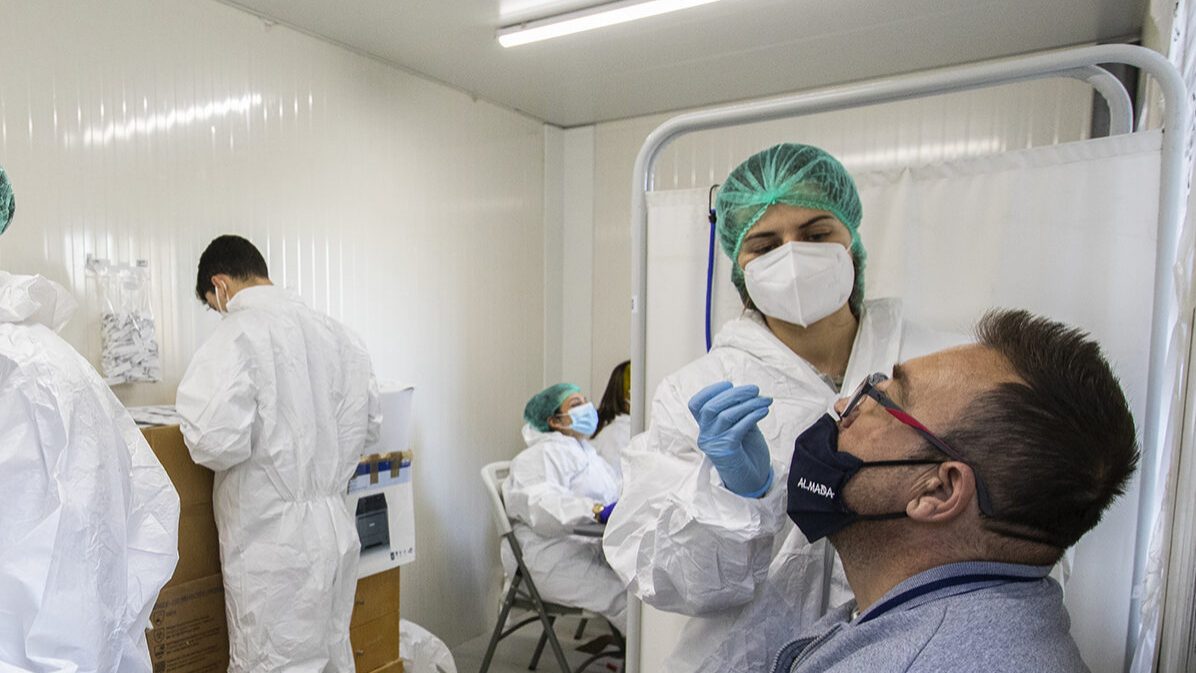Portugal’s GDP in Q1 seen up 10% YoY from low base
Economists at the Lisbon School of Economics and Management (ISEG) expects the country's GDP to grow by about 10%YoY in the first quarter of 2022.
Economists at the Lisbon School of Economics and Management (ISEG) see Portugal’s gross domestic product growing by about 10%, year-on-year, in the first quarter of 2022, though this large figure is heavily influenced by the low level of output in the period of comparison, according to a release on Friday.
In its January summary of the economic outlook, the ISEG economic analysis group forecasts that “the year-on-year change in GDP, with the contribution of a fairly pronounced base effect, should be around 10%” in the first quarter.
The estimate is influenced by “the expectation that by the end of the quarter the health crisis is tending to improve and activity constraints easing” but above all because of the base effect, since the first quarter of 2021 was marked by the second full lockdown, with a major impact on output in the period.
“Therefore, it will be enough for the GDP of the 1st quarter of 2022 to be the same as that of the previous quarter [that is, unchanged quarter-on-quarter growth] for the year-on-year change in GDP in the 1st quarter to reach around 9%,” the group notes.
The economists also estimate that, with the lifting of restrictions on economic activity, quarter-on-quarter growth at the start of 2022 “will remain positive, although decelerating compared to the 4th quarter of 2021.”
The analysis recalls that, according to the National Statistics Institute’s (INE) flash estimate for the fourth quarter of 2021, the economy grew by 1.6% on the quarter and 5.8% on the year – that is, above expectations.
“In practice, the economic impact of December’s restrictions was limited and limited to some service sectors, while in the remaining sectors the growth dynamic that characterised October and November was maintained,” the economists note, stressing that Portugal is believed to have been economically less affected in the fourth wave of coronavirus cases than in previous ones, when compared with some European peers.
With this in mind, they cite that “in terms of growth compared to the previous quarter, Portugal is decelerating relatively less than other countries, some of which are returning to decline in quarterly terms” – namely Germany and Austria.


